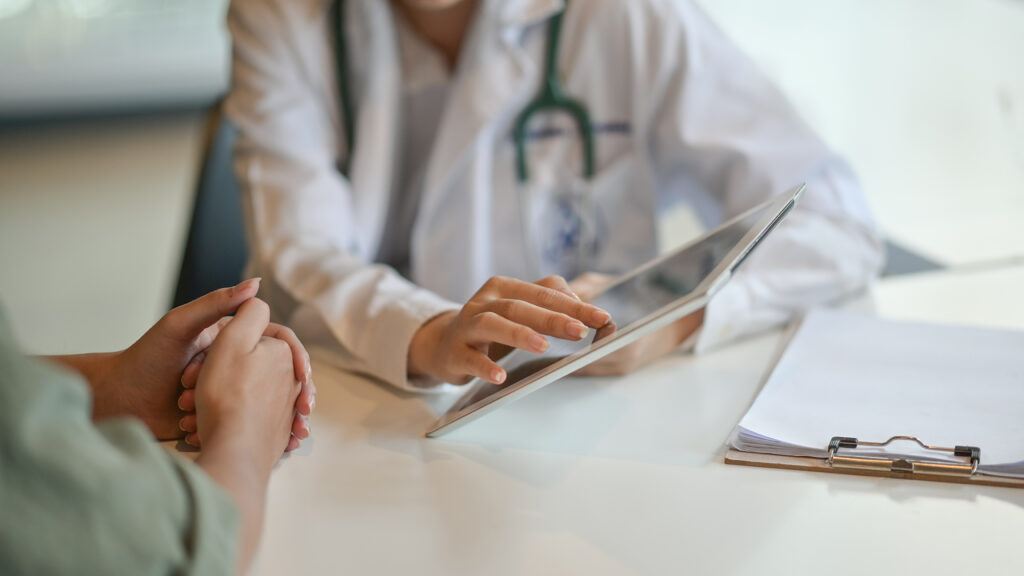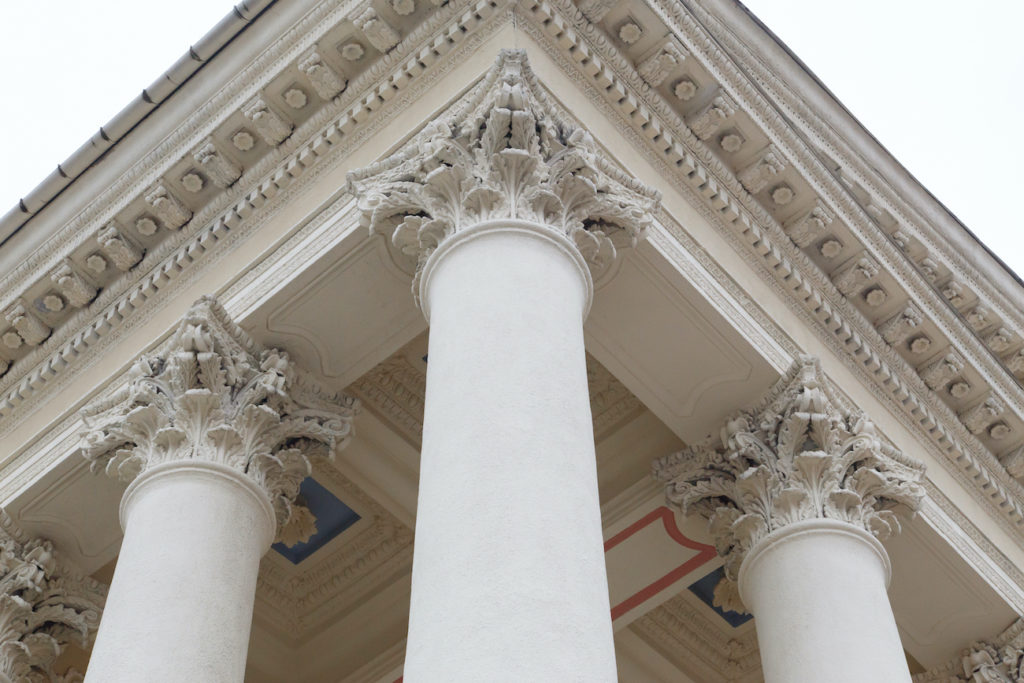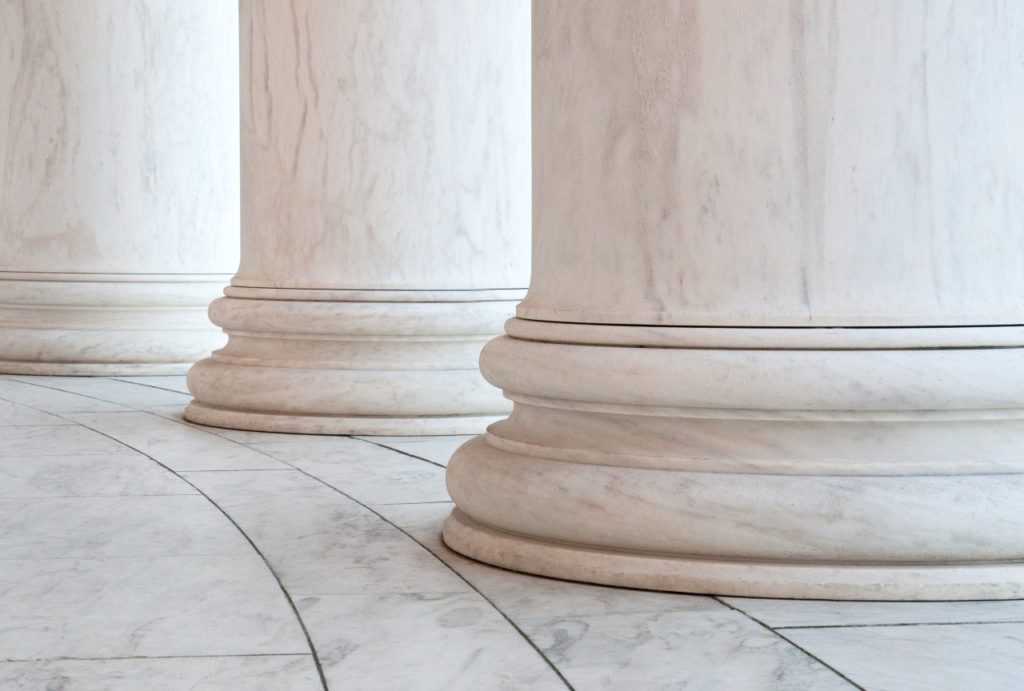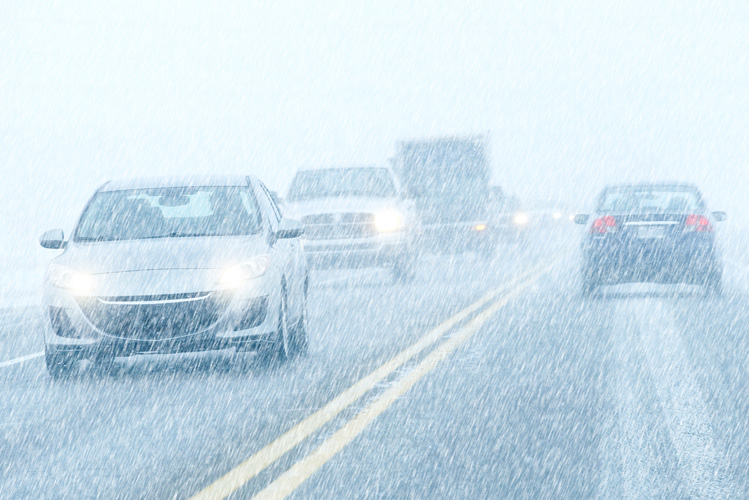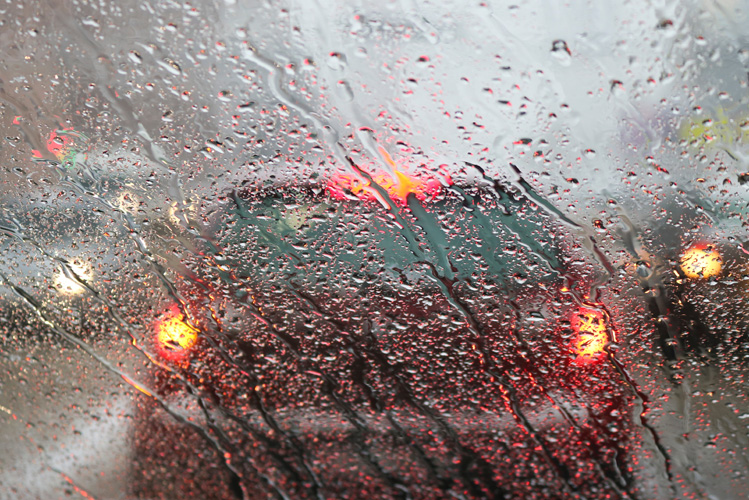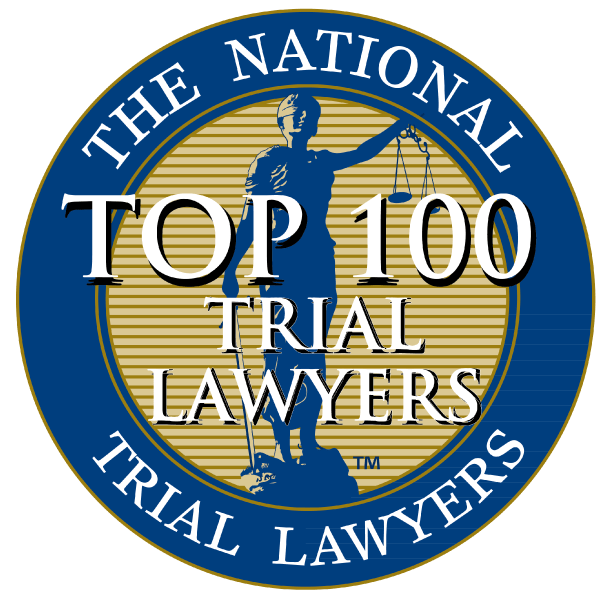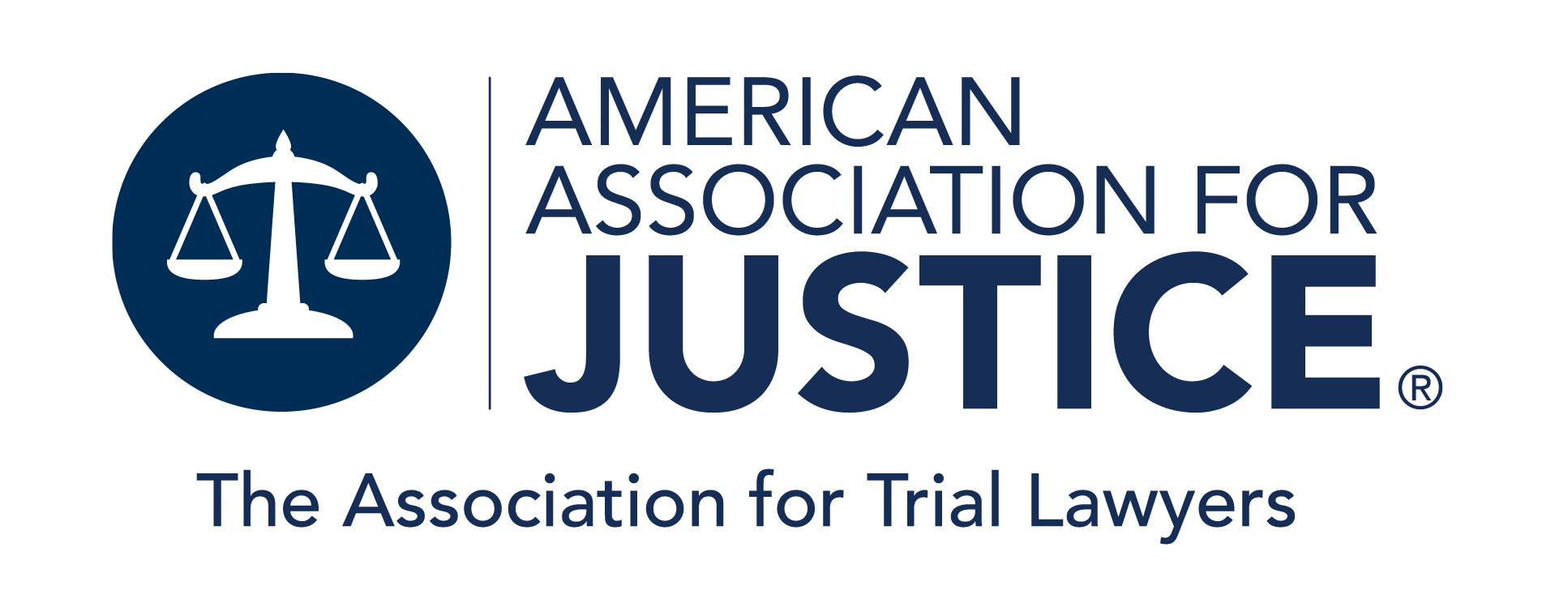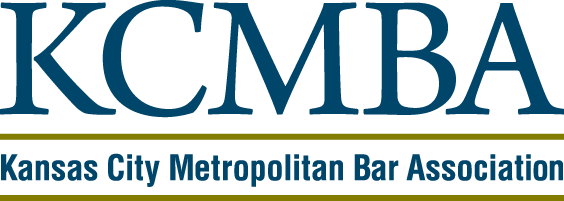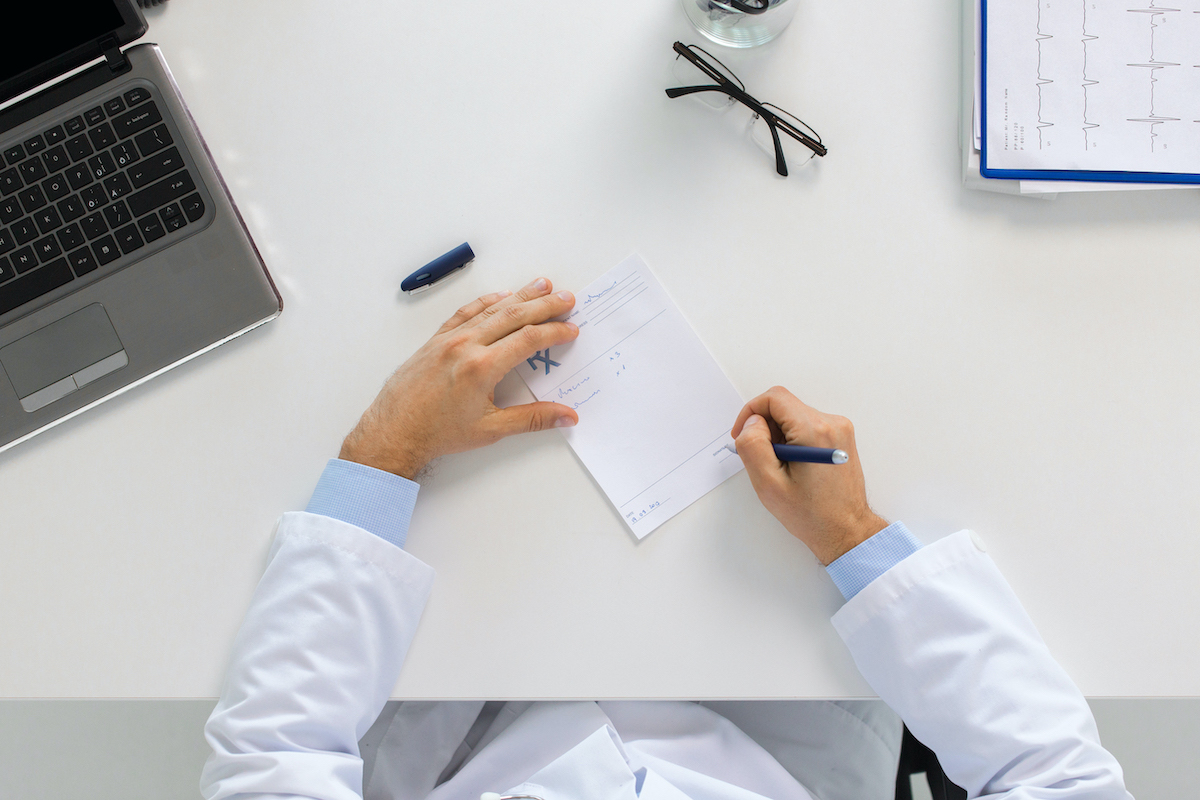
Table of Contents
- Benicar side effects may have been hidden from the public by the manufacturer.
- Payments from drug companies to doctors are public record.
- Benicar manufacturer, Daiichi Sankyo, has paid millions to doctors and researchers in relation to Benicar.
- Benicar Side Effects Lawsuit: Contact the Hollis Law Firm today.
Up to 67 million Americans have high blood pressure. Since April of 2002, Benicar has been used to treat high blood pressure, or hypertension. A person can still be very healthy despite having high blood pressure. When other health problems start occurring, it can be concerning. For many Benicar users, dangerous side effects like constant diarrhea, nausea, vomiting, weight loss, malabsorption, and rashes have been life altering. Current Benicar lawsuits allege that Benicar manufacturer Daiichi Sankyo did  know or should have known about these side effects but hid them from the FDA, the medical community, and consumers.
know or should have known about these side effects but hid them from the FDA, the medical community, and consumers.
Payments from drug companies to doctors are public record.
In 2015, the Japanese pharmaceutical giant paid $5,062,684.38 in general payments to US physicians. These general payments were for meals, travel expenses, and consultation fees. The US Affordable Care Act requires pharmaceutical companies to disclose how much money they’ve paid to physicians and for what reason. This information is available on the Open Payments website. Studies have shown that even a $10 meal for a physician can turn into revenue for drug companies. For Daiichi Sankyo, their payments to physicians may have contributed to thousands of prescriptions and subsequent Benicar side effects.
Benicar manufacturer, Daiichi Sankyo, has paid millions to doctors and researchers in relation to Benicar.
Dr. Thomas Coffman of Duke University School of Medicine received $5658.12 in travel and lodging expenses for an April 2015 trip to Tokyo in addition to a $2000 consultation fee in relation to Benicar. Dr. Coffman is a nephrologist studying kidney injury and the role of the kidneys in relation to blood pressure. Dr. Paul Anderson is a Professor of Medicine at Harvard Medical School and an Associate Chief of the Division of Rheumatology, Immunology, and Allergy at the Brigham and Women’s Hospital. Dr. Anderson received a $1500 consultation fee for Benicar. Consultation fees are in a category outside of research payments; Dr. Anderson’s consultation was not in relation to research for Benicar.
Dr. Gautam Deshpande, a former Internist in Honolulu, Hawaii and current staff physician at the American Embassy in Tokyo, Japan, received two consultation fees for Benicar in the amounts of $582.25 and $562.78.
Dr. Andrew Redington, a Professor of Pediatrics, Executive Co-Director of the Heart Institute, and Chief of Pediatric Cardiology at the Cincinnati Children’s Hospital, conducts research on ventricular function, integrated physiology of congenital heart disease, and ischemic preconditioning. In April of 2015 Dr. Redington received payments of $116.16 and $210.47 for travel and lodging expenses in Tokyo, Japan in relation to Benicar. Benicar is currently FDA approved for children as young as 6 years old.
Daiichi Sankyo made hundreds of payments to US physicians for food and beverage expenses, with some meals costing over $100.
Benicar Side Effects Lawsuit: Contact the Hollis Law Firm today.
After several studies found a connection between Benicar use and sprue-like enteropathy, the FDA required Daiichi Sankyo to update the warning label for Benicar. Sprue-like enteropathy symptoms may be nausea, diarrhea, vomiting, weight loss, constipation, or malabsorption. If you or a loved one took Benicar, you may qualify for a Benicar lawsuit. Contact the Hollis Law Firm today at (800) 701-3672 for a confidential, obligation-free consultation.

